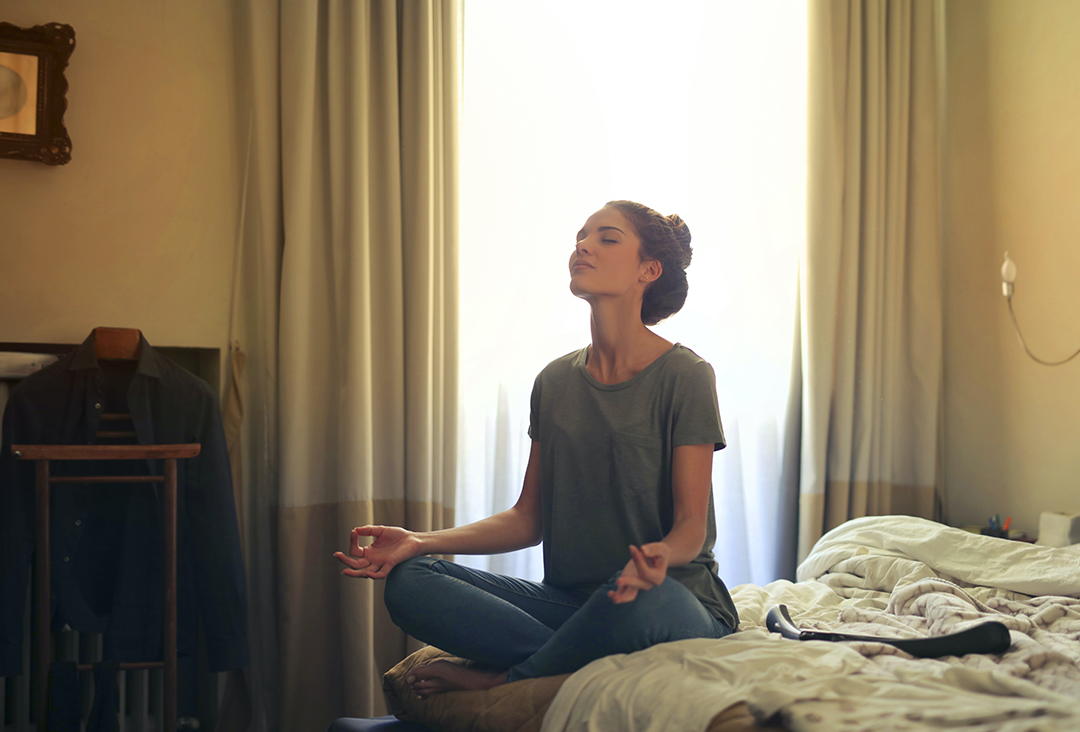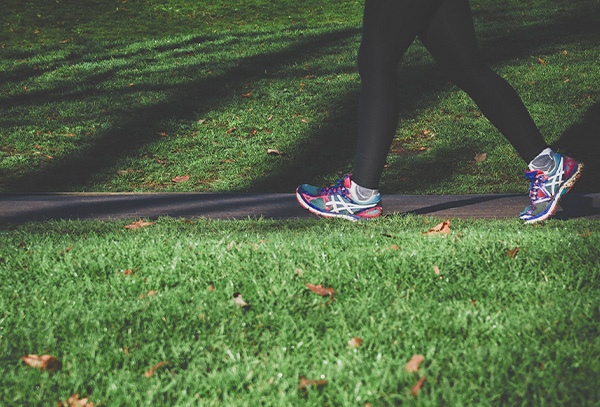A first-ever study (just published in JAMA Psychiatry) compared medication to meditation for generalized anxiety disorder, finding the two methods work equally well at reducing symptoms. Half of the study participants were given an antidepressant commonly prescribed for anxiety (Lexapro), while the other half participated in a mindfulness-based stress reduction program. Both groups reported a 20% reduction in symptoms. Side effects were far more common…





























































